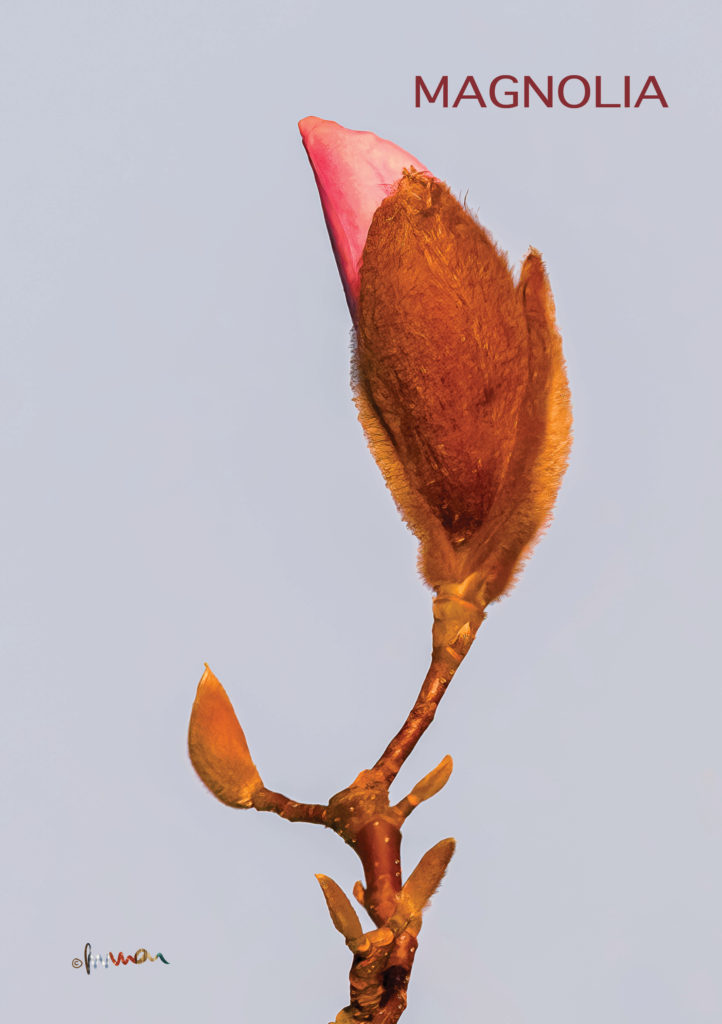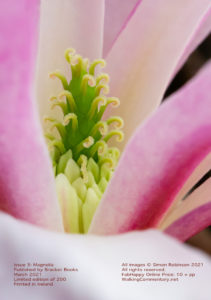Dear Reader,
I thought I’d let you know how I perceive our planet is doing this Earthday. I can only see a few things from where I sit and while there is much to celebrate, there seem to be some incongruities. I thought a couple worth mentioning.
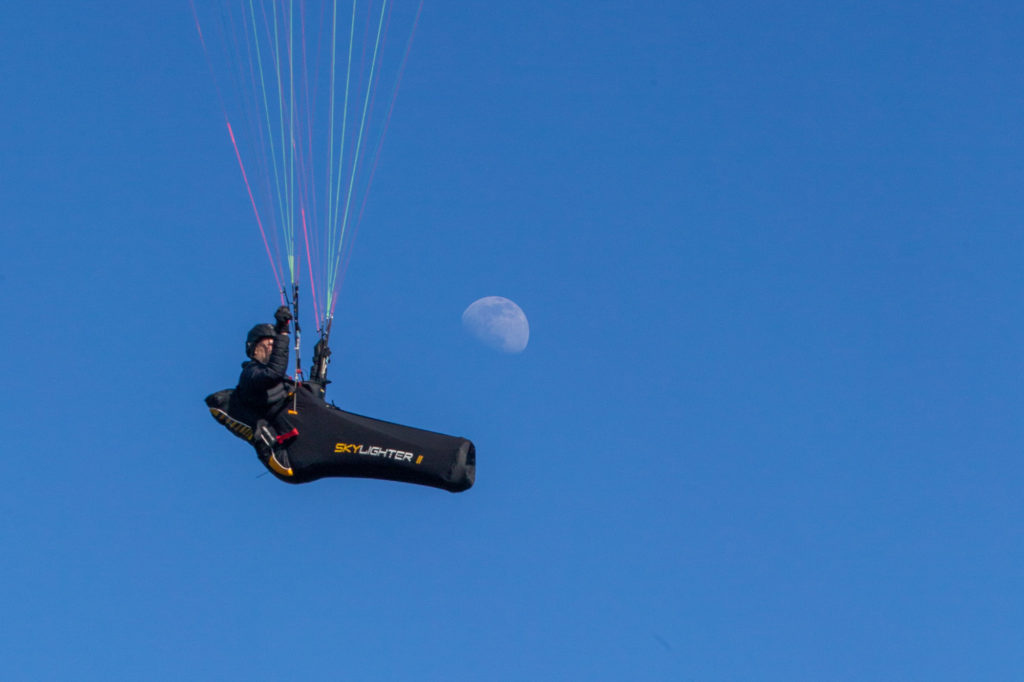
Dear Reader,
I thought I’d let you know how I perceive our planet is doing this Earthday. I can only see a few things from where I sit and while there is much to celebrate, there seem to be some incongruities. I thought a couple worth mentioning.

I looked up and out to see a rainbow. The merest hint of a fleeting rainbow dragged a memory of red from deep within me. The memory was of an essay that Arthur C. Clarke wrote. The Light of Common Day was published in 1963 and he made a point that fascinated me when I read the essay many years later as an adult.
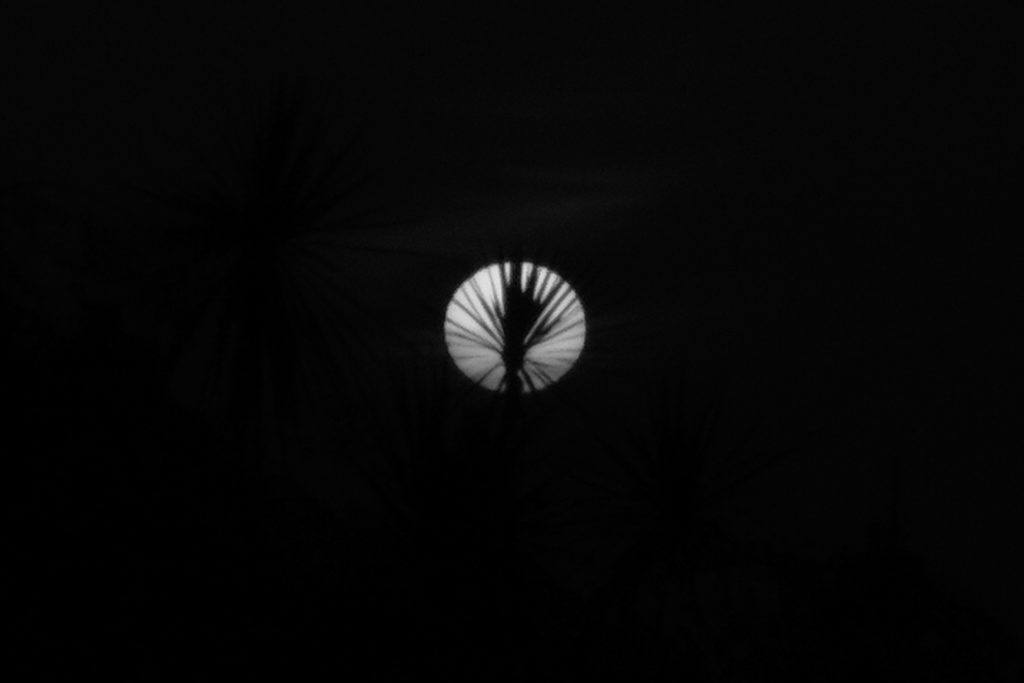
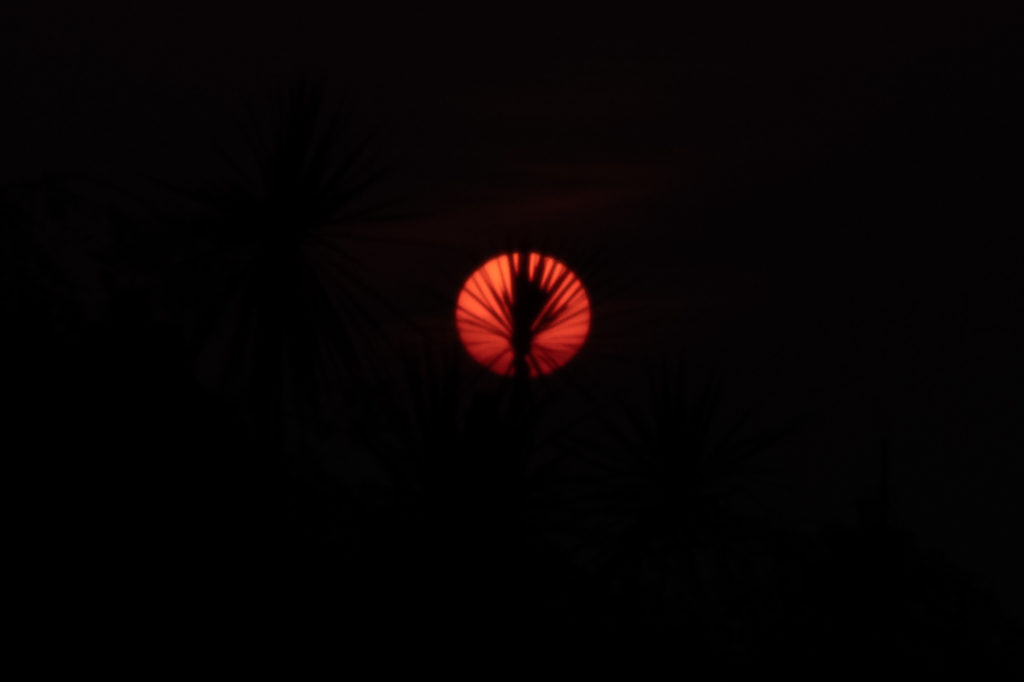
We were living in Texas when James Burke’s The Day The Universe Changed was first broadcast. The Cold War was still a thing and truth was one of the biggest casualties. Some would say that the Cold War was a modern form of the Dark Ages. That’s useful to consider since the Dark Ages in western, Christian cultures were not quite so dark elsewhere else on the planet.
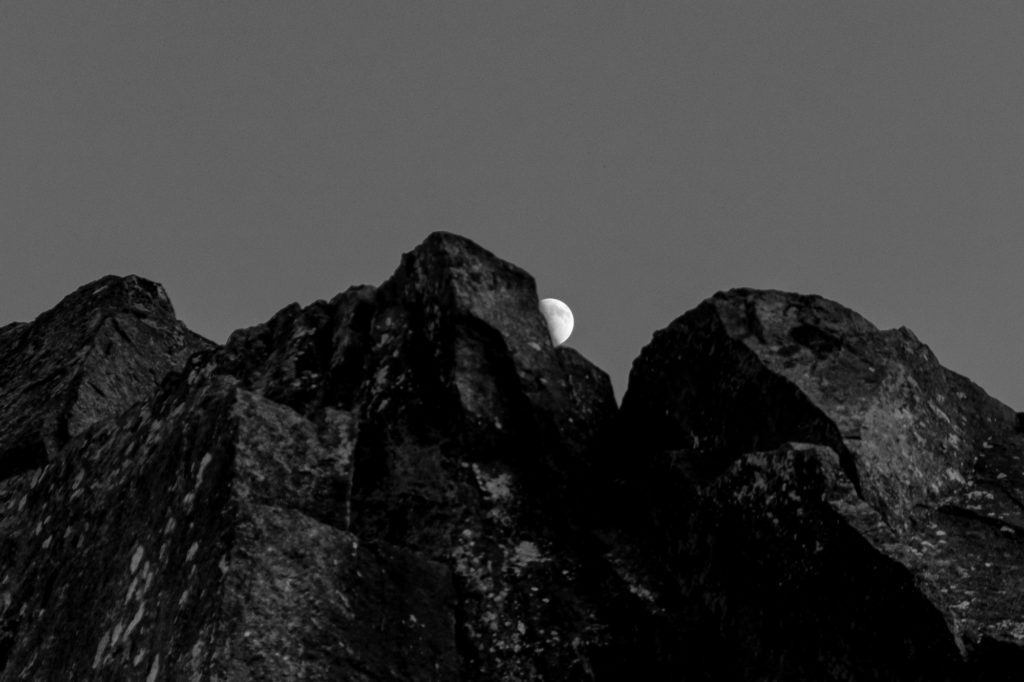
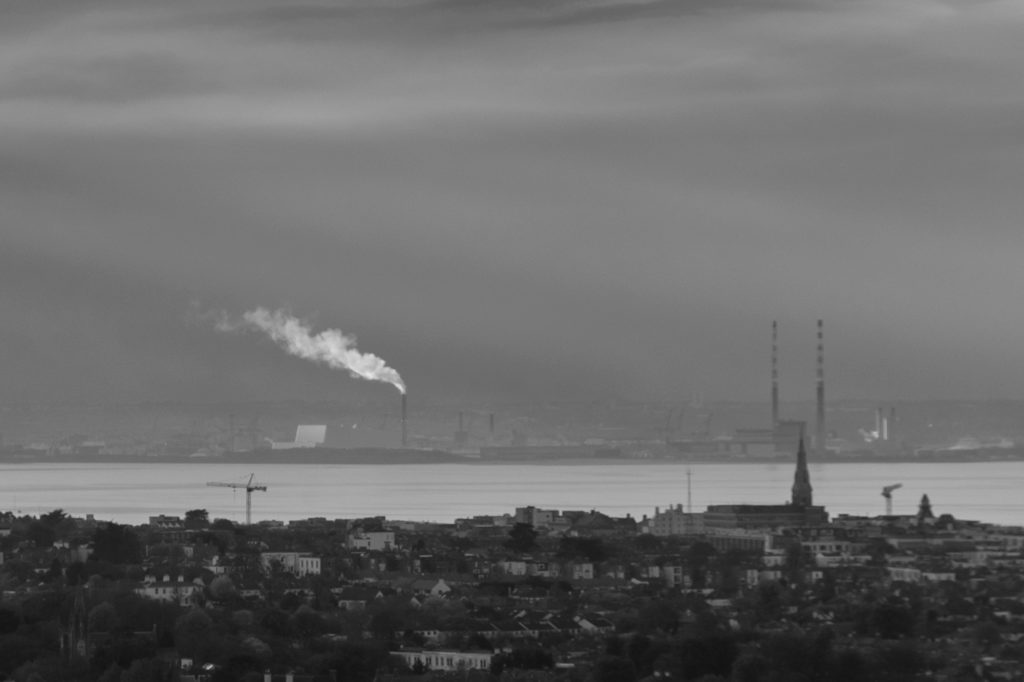
An early morning walk and a pathside discussion with another walker. And I’m at work, scouting sites for the April chapbook. And seeing interesting tones along the way while experimenting with black and white photography.
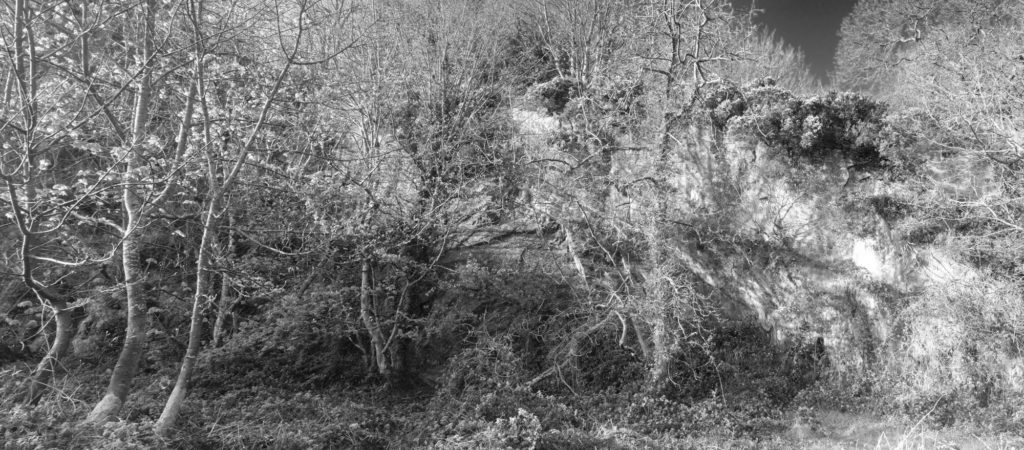
At last, Dublin latitudes are benefitting from sunlight. We see that in a bed of Brunnera macrophylla ‘Jack Frost’ planted for over a decade under a canopy of trees in the front. Some passers-by have told me they are siberian bugloss ‘Jack Frost’. I’ve also had conversations with passing architects and keen gardeners who don’t know its name. They paused to admire the silver-frosted, heart-shaped leaves detailed by veins and edges of jade green. We have come to think that the perennial appearance of sprays of small, bright blue flowers are the confirmation that spring has arrived. Confusingly, after a decade of reproduction and expansion, some of the frost is disappearing. Warming?Dehybridising? Unevolving? Regressing?
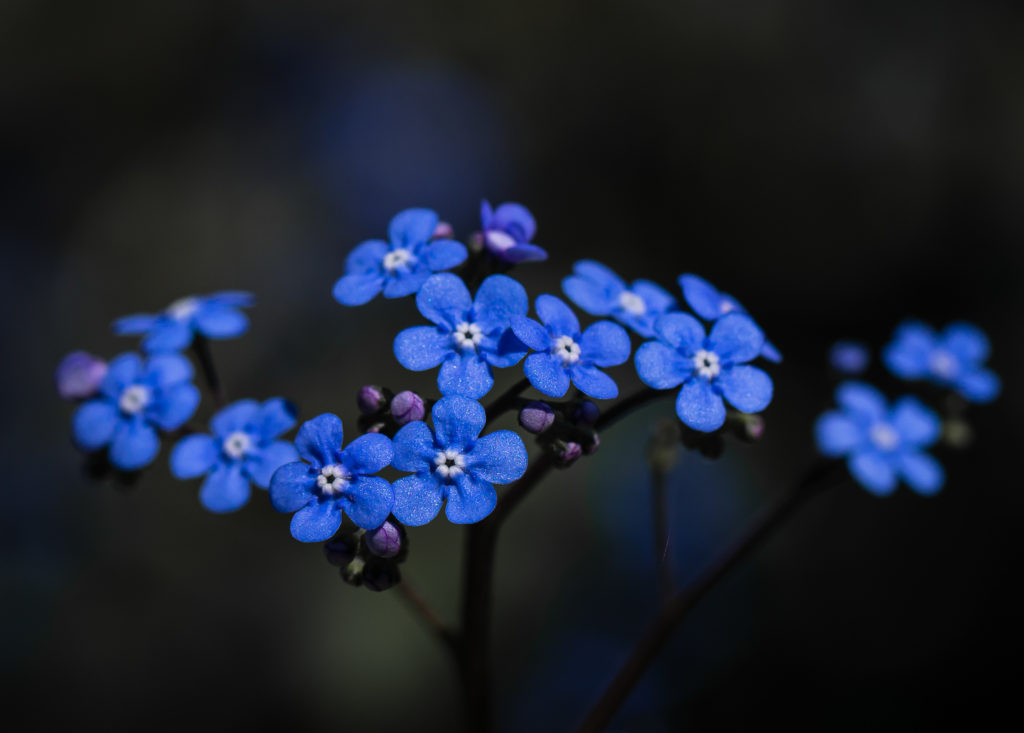
‘March, the month when magnolias rule our world’ wrote Thomas Pakenham in The Company of Trees, a gift last December that inspired me to test his opinion.
Our local 5 km pandemic travel radius is coast-cropped. We only had access to 37 km2 for exercising and magnolia hunting. I stopped counting after finding over 80 specimens in 26 days of peering into suburban gardens.
